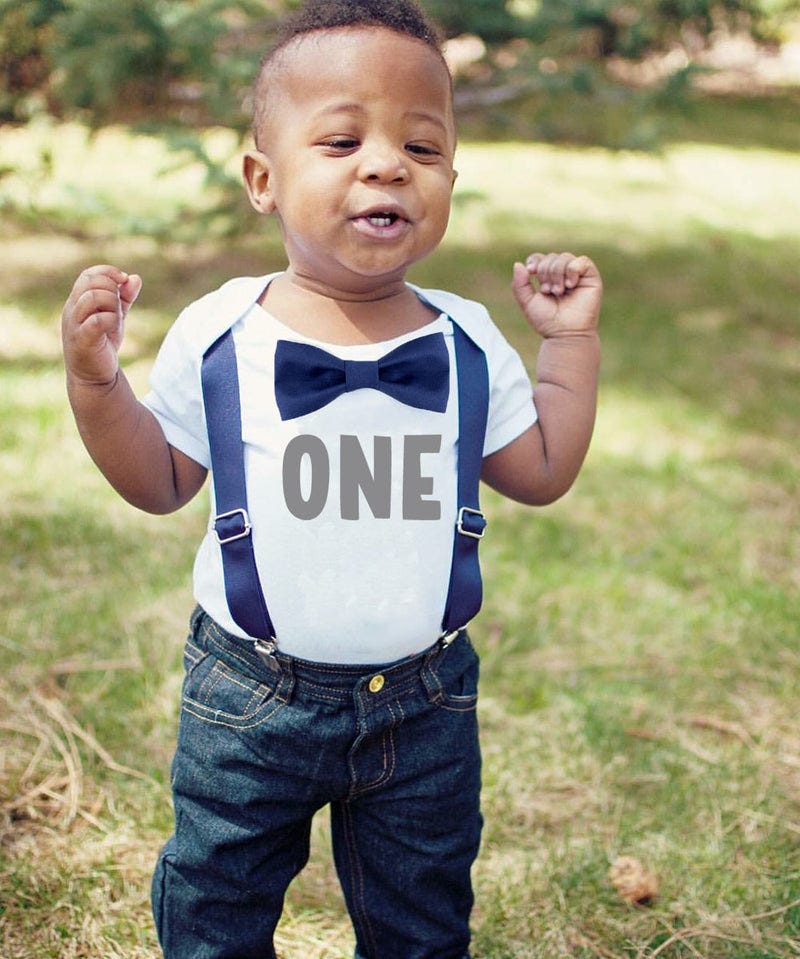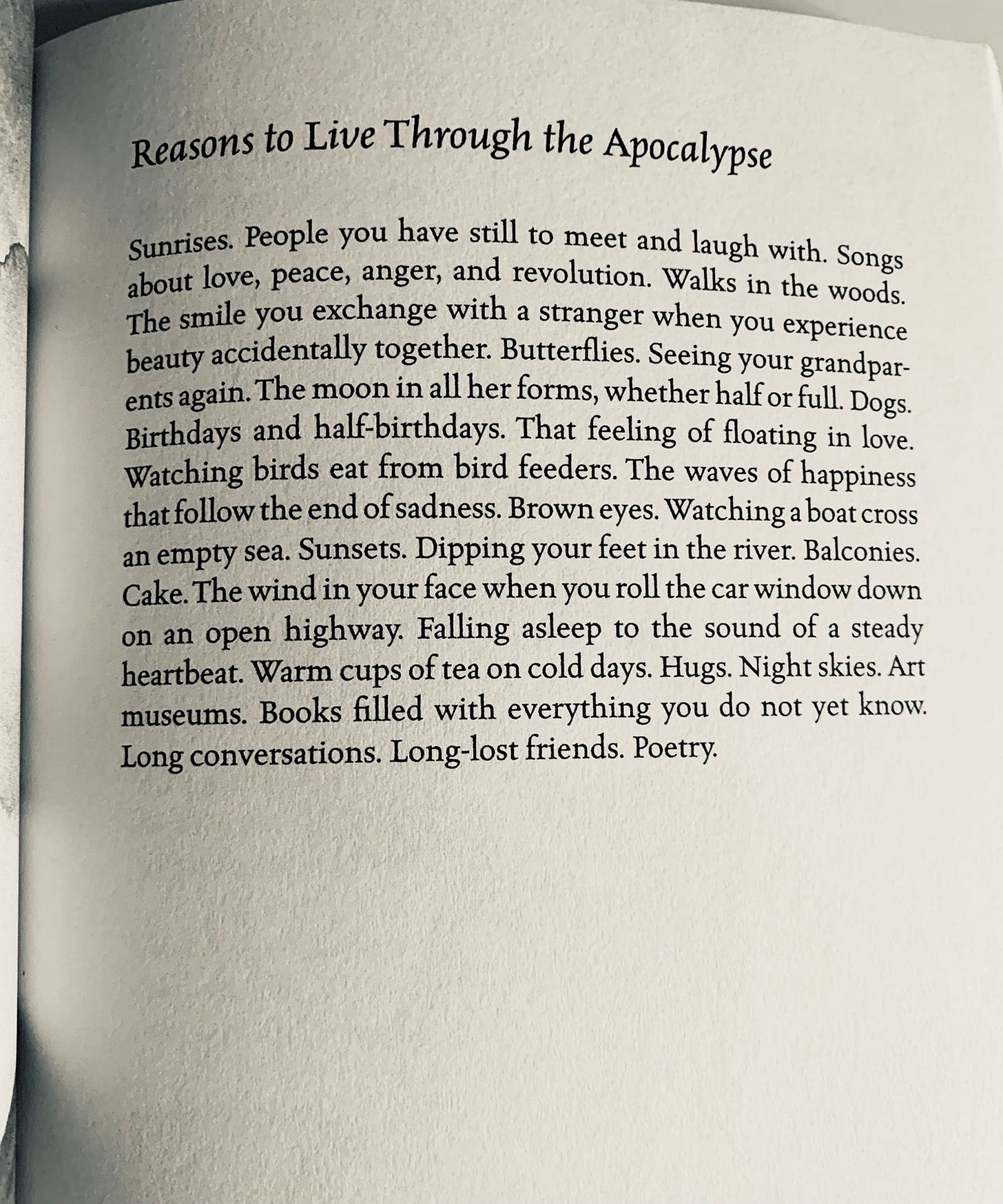Dear Small Talker,
Welcome to the fifty second edition of Small Talks.
Small Talks is turning… 1-year-old: moving from crawling to barely walking, loving peekaboos, eating food and flower plants alike, still babbling and babbling more and more…
For this special edition, I want to thank YOU. This community has grown larger than I had imagined, and the engagement keeps increasing. As a modest sign of my gratitude, I will be sending a copy of “Imagine if…Creating a future for us all” by late Sir Ken Robinson and his daughter Kate Robinson to ten Small Talkers. I will be picking winners randomly through a raffle system, and will be contacting the giveaway winners privately by email.
I also want to thank a very special person behind Small Talks - my very own daughter. She not only created the Small Talks logo, she has been ‘editor in chief’, reviewing every edition. Her input is always spot on. My shining light, always.
This Friday, like every Friday, I highlight 6 areas of weekly joys and reflections in early childhood and the whole family. Small Talks leverages my experience at the intersection of education, philanthropy, and impact investing. Enjoy!
What I’m celebrating -
“Connections between young and old people are harder to come by these days. How do we fix that?” spotlights the existing generational divide, as well as a number of impactful intergenerational programs.
“We live in a culture, time, and place where creative people have to use creative means to accomplish something that was always the most ordinary, customary thing in the human experience: older people and younger people sharing their lives.”
— Bill Thomas, a doctor and international authority on elder care
“Big Gifts for Little Learners” is a terrific report by the Silicon Valley Community Foundation and Whiteboard Advisors, making the case for philanthropic investment from pregnancy through preschool, with an inspiring foreword by Priscilla Chan.
Only 15% of California respondents give to early care and learning.
Of those that don’t donate to early care and learning, 34% said they’d be more inclined to give if they saw demonstrated impact of philanthropic investment on early care and learning, and 27% said information on high-quality organizations to give to would make them more likely to give. 24% said they’d be more likely to give if early care and learning was connected to another area (e.g. K-12 education) under a collective impact organization.
This beautiful thread from 4-8 year olds- what does love mean?
What I’m listening to -
Lemonada’s podcast “No One Is Coming to Save Us” is back with 2 episodes and the same irreverent tone and rally for better solutions for children and families - one on the impact of COVID-19 on child care, and the other one on parents and teachers.
What I’m reading -
“The Orchid and the Dandelion” is an important book about why and how children - even those born in the same family - experience various pathways and adversity differently. Most children are “dandelions” fairly resilient and able to cope with stress and adversity in their lives. But a minority of “orchid children” are more sensitive and biologically reactive to their circumstances. They can thrive in nurturing, supportive environments. Also great TED Talk by the author, Thomas Boyce.
I am left wondering if we have more orchids following the global pandemic, and how we can best support all flowers bloom.
What I’m watching -
The bond, a 45min documentary by Kathleen & Stephen Gyllenhaal, brings experts to discuss the experience of pregnant women and their partners, and how babies are carried has a direct impact on their lifelong health and well-being. Free 48h viewing Monday-Wednesday next week.
What I’m exploring more deeply -
“COVID brought attention to early childhood education. Here is how investors are responding” is an optimistic piece on innovations in early childhood education and care.
Great article about generational trauma: Research suggests that trauma may be passed down to one's descendants. Resilience can also be passed down to the next generation. People are both hurt and healed through relationships.
A landmark study of identical twins indicates how a child is raised (e.g. type & amount of food, lack of exercise) influences their rate of aging & how healthy they will be for the rest of their life.
This fascinating piece by Anne Helen Petersen and Jessica Calarco covers the summer care scramble for parents, and much more. Two interesting stats:
Average US adult lives only 18 miles from their mother
80% of US adults live less than <2 hours away from their mother
Poem I’m pondering -
By Nikita Gill
Feedback is a gift. Which part above is your favorite? What did I miss? What do you want more or less of? Other recommendations? Please kindly let me know. Thank to all of you who are sending me amazing suggestions.
If you enjoy this newsletter, please help spread the word by sharing with your friends, colleagues, and networks.
Have a wonderful week. Please stay safe and care for each other. And, to the next milestone!
Isabelle









Congratulations, Isabelle! It's wonderful to hear about your daughter's contributions to Small Talks. This week, I especially love the LATimes article about connections between old and young - and I'll add my observation: the benefits to the "in between" generation (parents) can also be significant. I'm looking forward to watching that movie - The Bond. I'm always amazed at how many interesting ideas you pack into each week's Small Talks. Thank you!
Happy Birthday, Small Talks! Congratulations Isabelle for such an informative, joyful, and poetic newsletter. Always the highlight of my week! And congratulations for this mother-daughter teamwork!!